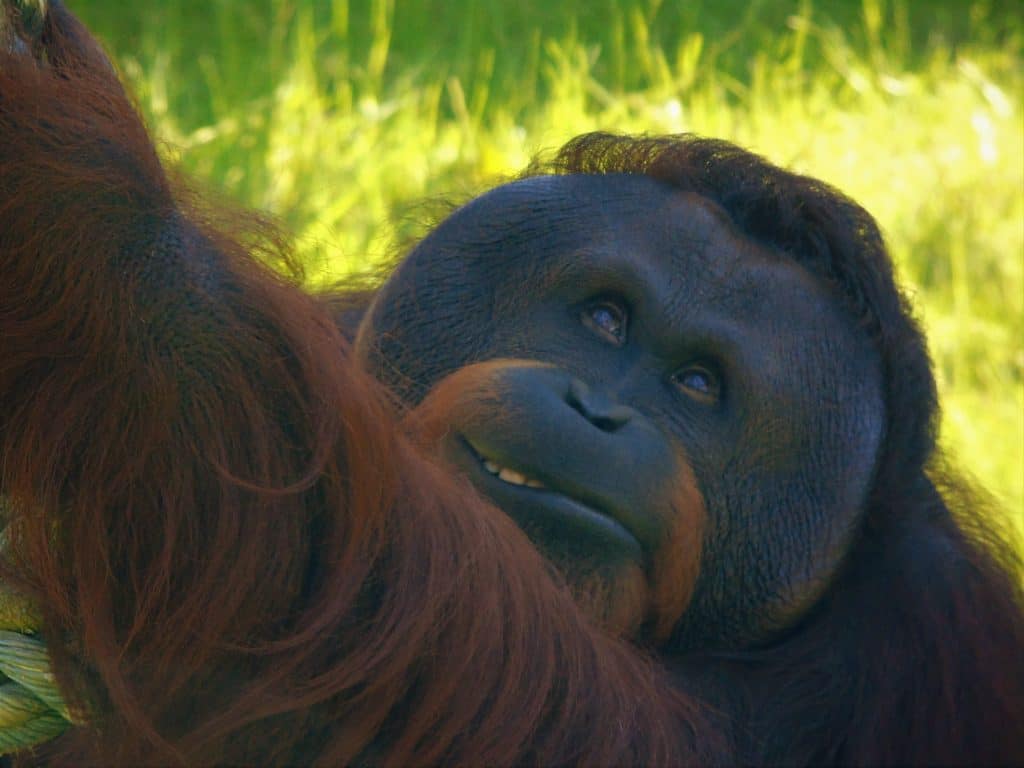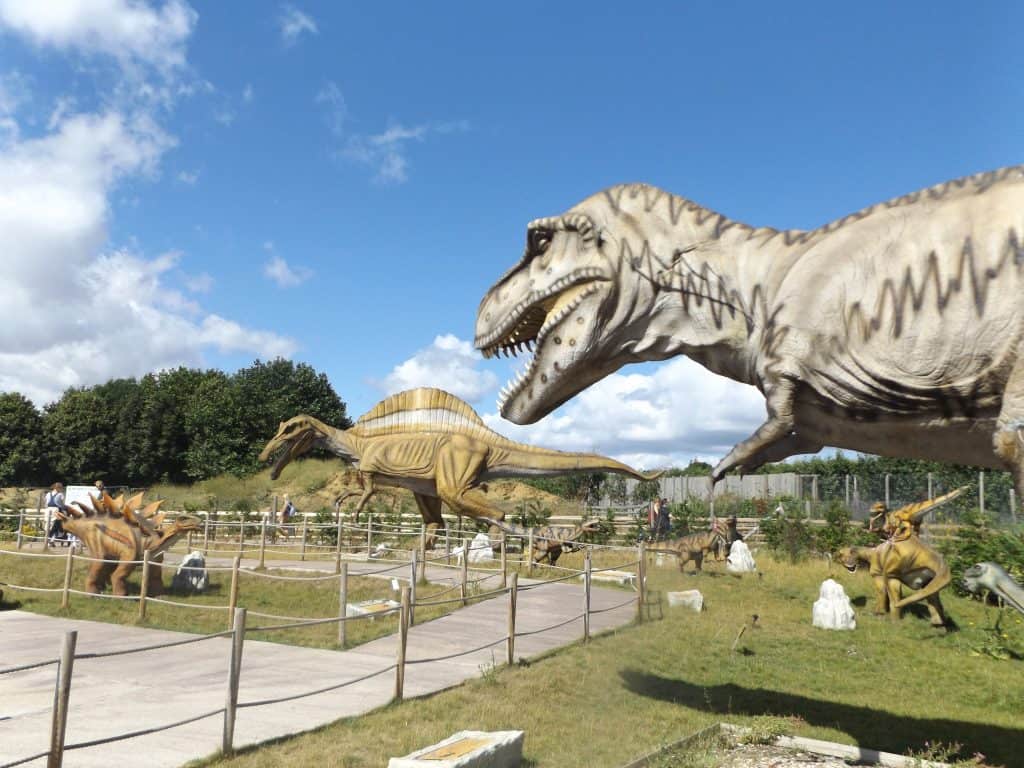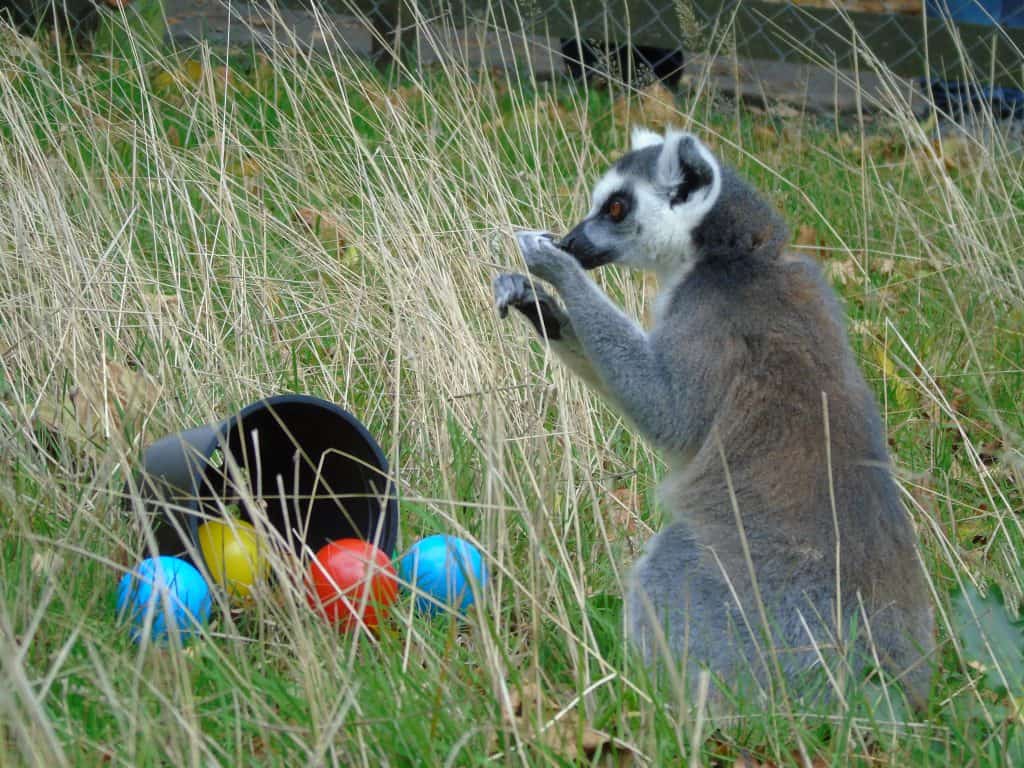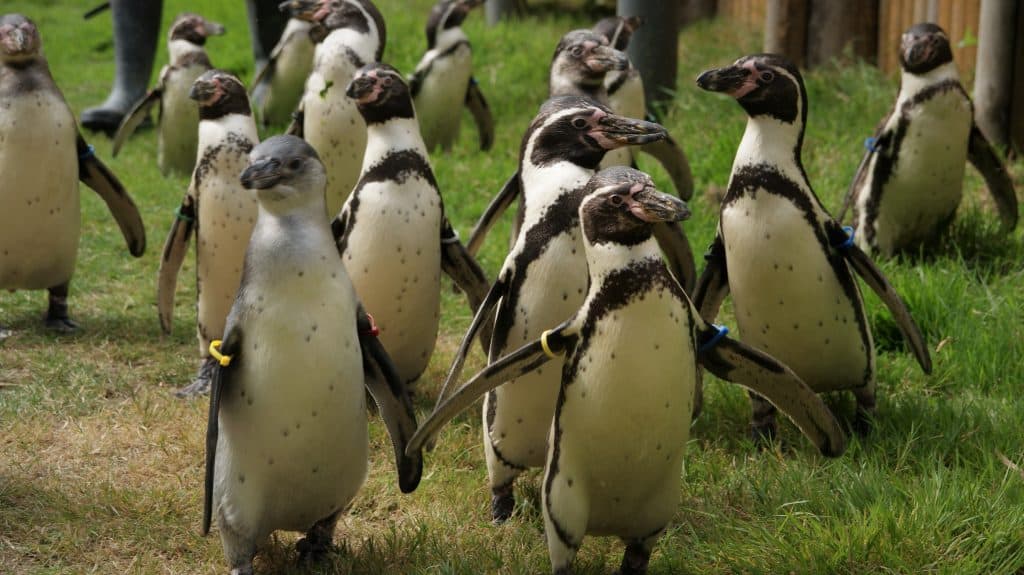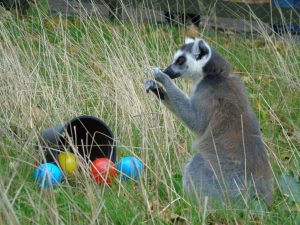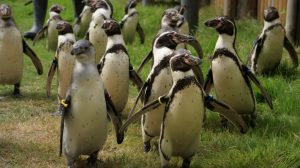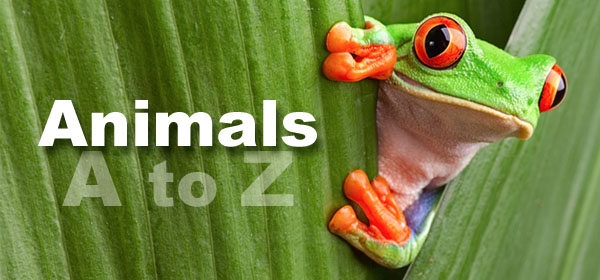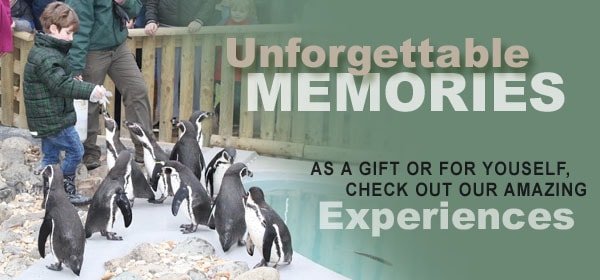Learn about recycling at this top Kent education provider
Geography
Habitat loss, degradation and fragmentation
- Use information provided around the park and particularly in our Rainforest S.O.S area to know how to make good choices which will help the environment by learning about the FSC and sustainable forestry.
- Students will recognise that environments can change and that this can sometimes pose a danger to living things by visiting species such as the cotton topped tamarin, red ruffed lemur and Edwards pheasant which are all classified as critically endangered largely as a result of habitat loss caused by logging companies.
- Children will learn that in recycling and purchasing recycled items we can decrease the number of trees cut down, plastic washed up on beaches and habitats mined therefore reducing the impact that humans have on ecosystems worldwide.
- Our lake is home several turtle, fish and bird species. By visiting this students can consider how different the lives of these animals would be if it were polluted with plastic to help them understand our responsibility to reduce, reuse and recycle.
- Learn about products which are damaging habitats and endangering wildlife through the plight of species here at WWP and discover how recycling can reduce that impact.
- All of our animals have signs which provide basic information about them featuring the greatest threats facing them- for many animals here at WWP this includes habitat loss. This will help students to understand that habitats around the world are disappearing for a multitude of reasons, not only for logging, but also farming, mining and to pollution- issues which recycling help to tackle.
Deforestation
- Pupils can explore and discuss both positive and negative examples of human impact on the environment using information available.
- Students can use information available at the park to explore the importance of trees in tackling climate change and to expand their knowledge about the variety of ways in which recycling is better for the environment. In Rainforest S.O.S students can learn about forests converting CO2 into oxygen, providing safe homes for animals and about the impact of illegal logging.
Oceans
- By visiting species such as our Humboldt penguins children can learn about the threats that plastic pollution and over fishing has on marine animals.
- Plastic pollution and CO2 present such a great threat to marine species that they could trigger the next mass extinction event in our oceans within decades. Our Dinosaur Zoo provides an opportunity to explore a variety of extinction theories with information provided about six of the most catastrophic extinction events our planet has experienced including the current Halocene extinction being caused by human impact.
Science
Climate Change
- Explore climate change and the real problems it is creating across habitats worldwide. Children can use information provided to discus how reducing, reusing and recycling helps to tackle the issue of global warming
- Students can learn about species affected by climate change by visiting animals such as Aldabra tortoises.
- Children can use this to consider the connection and balance that ecosystems have on one another across the world.
Renewable energy
- Our Chimpanzee House has underfloor heating which is powered by green energy and the play area and some enclosures are powered using solar panels which can be seen on the roof of our cafe. This provides children with the opportunity to consider the benefits of renewable energy options and compare them to fossil fuels.
Design
- Learn about the variety of items which can be produced using recycled products. Here at Wingham all of our benches are made from recycled materials. Additionally we have reused tyres and decking made from recycled materials.
English
- Use spoken language to develop understanding through speculating, hypothesising, imagining and exploring ideas.
- Ten key stage 1 and another ten key stage 2 words relevant to the subject from the statutory word lists are on display the Dinosaur Zoo with a short explanation of their meaning. The reading word is used in the example given to develop children’s understanding of the word itself and ability correctly spell/read it.
Teaching outcomes lead to being able to…
- Understand importance of recycling
- Recognise that humans have a responsibility to care about our impact on the natural world.
- Identify how humans can have a positive impact on the environment
- Understand that a variety of products can made using recycled items
- Develop their knowledge of climate change and how waste helps to drive it
How to best use our zoo and other exhibits during a school visit:
This self-guided tour is one of a series of itineraries we have prepared for schools. The Recycling adaptation highlights the following exhibits and species,
- Ethnography and Natural History Museum
- Tropical House- Edwards’ pheasants
- Ring-tailed lemurs
- Humboldt penguins
- Lake
- Dinosaur Zoo
- Aldabra tortoises
- Rainforest S.O.S
- Chimpanzees
- Cotton top tamarins
We recommend starting your tour in our Ethnography and Natural History Museum which is home to a number of interesting items. From here the Tropical House is easily accessed to see a variety of bird species, including the critically endangered Edwards’ pheasant. Here students can discuss the impact that logging companies have had on this species. Next, please make your way up to our walk-through ring-tailed lemur enclosure past our red ruffed lemurs, both of which are threatened by logging companies removing their habitat.
After this you can easily make your way to our penguin pool to visit our Humboldt penguins whose threats include plastic pollution and climate change. This raises the opportunity to discuss the importance of recycling plastic so that it doesn’t impact on marine species. Another opportunity to discuss this is at our large lake which is home to birds, turtles and fish. Children can use this to imagine how dangerous it would be for these animals if their habitat was subjected to plastic pollution in the same way that many of their wild cousins habitats are.
Next we recommend a visit to our Dinosaur Zoo. This area is a useful tool for teaching children about extinction and evolution. As you travel to Rainforest S.O.S from here you will pass our Aldabra tortoises and be able to discuss issues around climate change.
Rainforest S.O.S is an area dedicated to educating our visitors about deforestation. In addition to seeing species such as eastern black and white colobus which is in decline as a result of logging children can study information provided about the methods used (such as slash and burn), why forests are important and how we can all help. This area is also home to our ‘Silent Avery’ which displays images of birds which have already become extinct and provides further information about the Edwards’ pheasant.
Finally, en-route to the exit you will pass through our Chimpanzee House which has underfloor heating powered by green energy (biomass) in addition to the solar panels which help to power various areas of the park including some of our enclosures and play area. Upstairs in the Chimpanzee House you will the critically endangered cotton top tamarin which alongside our chimpanzees are heavily impacted upin by deforestation.
In addition to the above itinerary you may also be interested in the daily talks and feeds below,
- Penguin feed 13.00 & 15.00 pm
- Ring-tailed lemur talk 14.45 pm
To help children to learn more about this subject we also recommend pairing this itinerary with one of the following education talks,
- Reduce, reuse, recycle
- Rainforest SOS
Some interesting facts and learning points:
- Aldabra tortoises live in the remote, Aldabra Atol and are facing significant declines due to rising sea levels and increasingly severe and frequent droughts caused by climate change.
- Edwards’s pheasants may have as few as 50 individuals remaining in wild with some claiming they may already be extinct in the wild. One of their biggest threats comes from loss of habitat due to illegal logging practices.
- More than 1 million marine animals are killed each year as a result of plastic debris in the ocean this includes fish, turtles, whales and birds such as penguins.
- Species such as our black crested mangabeys, black and white colobus and chimpanzees face a double threat from loggers- loss of habitat and being hunted by them for meat.
- Recycling is directly linked to renewable energy as it helps to sustain the worlds, already very depleted, natural resources in much the same way as recycling does.
What schools think of an educational day out in Kent with Wingham Wildlife Park
After every school visit we ask a teacher from the group to fill in a short email form about their day with us. We are always looking to improve the experience for the kids as well as the teachers and helpers, so please do take the time to fill one of these in if you decide to join us for a day with your class. Here is what some of our past teachers have said about a school visit to Wingham Wildlife Park!
Find out more & book
To find out more about booking one of our educational visits please check out our website, give us a call or simply fill in the form below:

